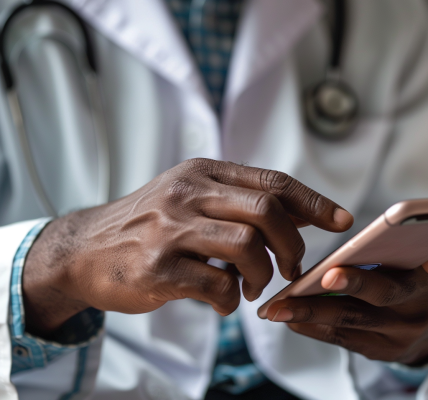As the Paris 2024 Olympics draw closer, concerns about health risks for athletes and visitors are coming to the forefront. While the Seine River has been a topic of debate due to pollution and safety, other health threats lurk in the shadows, raising alarms among health experts.
Recently, Paris Mayor Anne Hidalgo and several officials took a swim in the Seine, aiming to reassure both competitors and the public about the river’s safety. However, the potential health risks extend beyond the waters of the Seine, particularly with the rise of vector-borne diseases like dengue fever.
Dengue Fever: A Growing Concern
Dengue fever, along with other arboviral infections, is becoming increasingly worrisome in urban areas, including Paris. Last September marked a significant turning point when several individuals, without any travel history, contracted dengue fever locally. This incident demonstrated that the virus can now be transmitted within northern Europe, a phenomenon previously unheard of.
The global incidence of dengue has surged alarmingly, with cases rising from 5.2 million in 2016 to nearly 10.5 million in the Americas by 2024. The primary vector for dengue, the Aedes albopictus mosquito, commonly known as the tiger mosquito, poses a unique challenge. This species can breed in the smallest amounts of stagnant water, such as that found in a bottle cap, and its eggs can survive dry conditions for months. When conditions become favorable again, these eggs hatch, perpetuating the cycle of infection.
With many athletes arriving from regions where arboviral infections are endemic, the risk of dengue, chikungunya, and Zika virus transmission is heightened. In 2022, France reported 2,783 malaria cases, predominantly imported from other countries, with only a handful acquired within the European Union.
Covid-19 and Influenza Risks
In addition to vector-borne diseases, respiratory infections pose a significant threat. The World Health Organization has indicated that influenza activity is currently elevated, with notable strains such as A(H3N2) from South America and A(H1N1) from Africa and Oceania circulating widely.
Covid-19 remains a critical concern as well, with weekly new cases reported at high levels, particularly in the UK, Portugal, Greece, and several regions in Asia-Pacific, including China and Thailand. In the United States, wastewater analysis shows a resurgence in SARS-CoV-2 levels, indicating a rise in transmission rates that are more than three times higher than typical for this time of year.
As a precaution, many athletes participating in events like the Olympics and the Tour de France are donning masks to mitigate the risk of infection. This measure has become compulsory for the Belgian team, highlighting the ongoing threat of respiratory viruses. Recent events have seen several athletes withdraw from competitions due to Covid infections, underscoring the need for vigilance.
Health Precautions for Athletes and Visitors
In light of these health risks, it is crucial for athletes and visitors to Paris to take necessary precautions. Awareness about the presence of disease vectors, such as tiger mosquitoes, is essential. Individuals should take steps to minimize mosquito bites by using repellents, wearing long-sleeved clothing, and ensuring that any standing water around their accommodations is eliminated.
For respiratory illnesses, maintaining good hygiene practices, such as frequent handwashing and wearing masks in crowded settings, can significantly reduce the risk of transmission. Athletes should also stay updated on vaccinations and health advisories, particularly regarding Covid-19 and influenza.
As the world prepares for the excitement of the Paris Olympics, the health and safety of participants and spectators remain paramount. With the potential for diverse health risks, proactive measures and awareness will be key in ensuring a safe experience for everyone involved.





